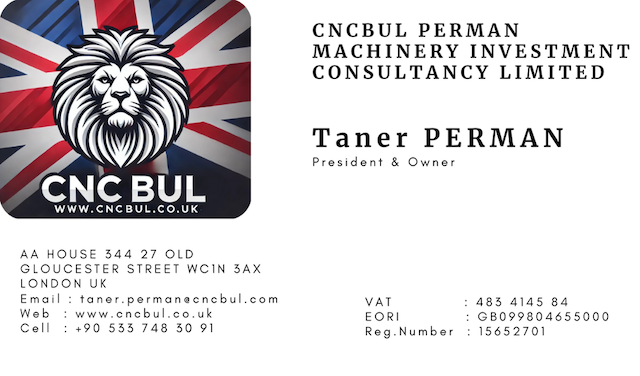What is Mandrel Tube Bending Machine?
A mandrel tube bending machine is a specialized piece of equipment designed to bend tubes or pipes while maintaining their structural integrity and preventing defects such as wrinkling, ovality, or collapse. It uses a mandrel, which is a solid or flexible rod inserted into the tube during the bending process. The mandrel provides internal support to the tube, ensuring a smooth bend and preserving the tube’s original cross-sectional shape.
Technical Explanation
- Purpose:
- The primary goal is to create bends with tight radii while maintaining a consistent internal diameter and minimizing deformations like flattening or wrinkling.
- It is used in applications requiring high precision and durability, such as automotive exhaust systems, aerospace components, and fluid transportation systems.
- Components:
- Mandrel:
- Made of hard materials like steel or other alloys.
- Types of mandrels include plug mandrels, ball mandrels, and mandrels with links for flexible bending.
- Bending Die:
- Shapes the outside of the bend and sets the radius.
- Clamp Die:
- Holds the tube securely during the process.
- Pressure Die:
- Supports the tube and prevents slippage during the bend.
- Wiper Die:
- Removes or reduces wrinkles that form on the inner radius of the bend.
- Mandrel:
- Working Principle:
- The tube is clamped in place and positioned over a bending die.
- A mandrel is inserted into the tube to support its interior.
- As the bending die rotates to bend the tube, the mandrel prevents internal deformation by maintaining the tube’s circular shape.
- The wiper die and pressure die work in unison to ensure smooth bending without kinking or wrinkling.
- Advantages:
- Precision: Maintains the tube’s original diameter and smooth internal surface.
- Versatility: Can achieve tighter bend radii than non-mandrel bending machines.
- Quality: Produces bends with minimal defects, essential for high-stress applications.
- Applications:
- Automotive (exhaust systems, roll cages).
- Aerospace (hydraulic tubing, air ducts).
- Marine (fuel and water lines).
- Furniture (curved metal frames).
- Key Parameters:
- Bend Radius: The distance from the center of the bend to the tube’s axis.
- Wall Thickness: Thinner walls require more mandrel support.
- Tube Material: The machine can be adapted for steel, aluminum, copper, or other materials.
- Mandrel Position: Correct alignment is crucial to avoid defects.
Limitations
- Higher operational cost due to the complexity of the setup.
- Limited to specific materials and wall thicknesses.
- Slower bending process compared to non-mandrel bending.
In summary, a mandrel tube bending machine is indispensable for producing high-quality bends, especially when the tube’s internal structure and smooth surface are critical.


